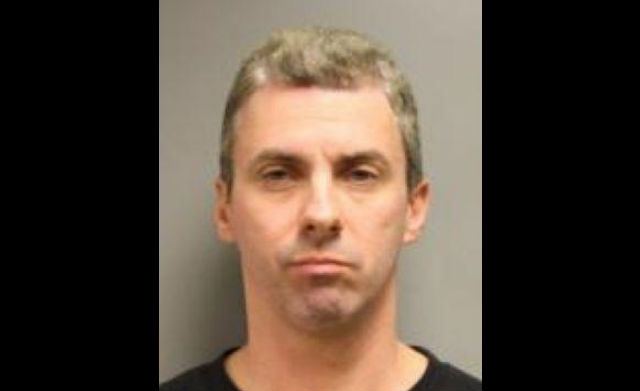Definition:
https://en.wikipedia.org/wiki/Open_society
open society –
government in the open society is purported to be responsive and tolerant, and political mechanisms are said to be transparent and flexible.
Definition:
https://en.wikipedia.org/wiki/Chilling_effect
In a legal context, a chilling effect is the inhibition or discouragement of the legitimate exercise of natural and legal rights by the threat of legal sanction.
Definition:
https://en.wikipedia.org/wiki/Culture_of_fear
Culture of fear is a term used by certain scholars, writers, journalists and politicians who believe that some in society incite fear in the general public to achieve political goals.
Definition:
https://en.wikipedia.org/wiki/Intimidation
Intimidation is intentional behavior that "would cause a person of ordinary sensibilities" fear of injury or harm.
Data:
http://warrantless.org/2014/03/snowden-search/
A new empirical research paper I have coauthored with Professor Catherine Tucker of MIT-Sloan examines the question of how Edward Snowden’s surveillance revelations have shifted the way people search for information on the Internet. We look at Google searches in the US and its top ten trading partners during 2013. We identify a roughly 5% drop in search volume on privacy-sensitive terms. In the US, UK and Canada, the countries in our data who were most involved with the surveillance controversy, search volume fell for search terms likely to get you in trouble with the government (“pipe bomb”, “anthrax” etc.), and for searches that were personally sensitive (“viagra”, “gender reassignment”, etc.). In France and Saudi Arabia, search volume fell only for the government-sensitive search terms. This paper, though at an early stage, provides the first systematic empirical evidence of a chilling effect on people’s search behaviors that is attributable to increased awareness of government surveillance. I will be presenting this paper at the Privacy Law Scholars’ Conference in DC in May, 2014. I would welcome comments at alex@warrantless.org.
Clark's editorial additions:
1) Police states are not boolean: A society can be more or less of a police state. The presence of newspapers and absence of death camps does not mean that there is not something of a police state.
2) It is not necessary for anyone to to desire or plan a police state for a police state to arise. Men of good intentions can honestly attempt to solve problems on the ground and in doing so end up worsen the overall picture.
3) When people feel that they can't look up entirely legal information in the 21st century equivalent of a book because they fear know that their government
and based on this knowledge "voluntarily" curtail their own legal behaviors, we have some noticeable degree of a police state.
Clark's suggestion:
1) Do go read the Marthew's paper. I approach all social science papers with an attitude of skepticism…and in this case I was surprised (pleasantly so) by table 6, where statistical confidence is specified.
2) Add warrantless.org to your RSS reader and follow @rebelcinder on Twitter.
3) Put aside existing models of how and why the US government works and approach it as a forensic anthropology question:
- Note that the NSA, the DoD, and the State Department are regulated by the government, but regulation does not work they way one might expect.
- Note that no matter which party seems to win an election, the bureaucracy always stays in place, and has its own agenda.
- Note that elections do not create moral government or consent.
- Note that the DNA of the government is not just the Constitution, but the extended phenotype of defense oriented firms, police departments, bureaucrats, dependents, and more.
- Ask yourself if people of good will tried to reform the government in 1980, and 1990, and 200, and 2010, and it has gotten larger and more intrustive every year, what effect people of good will trying to reform the government in 2014 will have.
4)Withdraw your consent from the system.
- Note that just because party A is terrible does not mean that party B is any better, and refuse to ever say "this will be better after the next election" or "we just need the right guy in office".
- Note that just because because a Constitution exists and a Supreme Court says that it will enforce the Constitution does not mean that it actually does so.
- Note that this is not "your" government but "the" government, which you can choose to give loyalty to or not, as you see fit.
- Note that the government can do whatever it wants to your body, because it has more men and more guns, but it can not force you to acknowledge its moral legitimacy.
The system is unreformable. It has more guns than the good guys (at least now). But if discontent grows and enough people start to stop talking about "our government" and start talking "your [ illegitimate ] government", at some point even the hard men look out at the swelling crowd, realize that they are on the wrong side of history, and go home.
Or at least we can hope.

Chilling Effect, Next Steps, Final Steps, Hope © 2007-2013 by the authors of Popehat. This feed is for personal, non-commercial use only. Using this feed on any other site is a copyright violation. No scraping.


![]()














